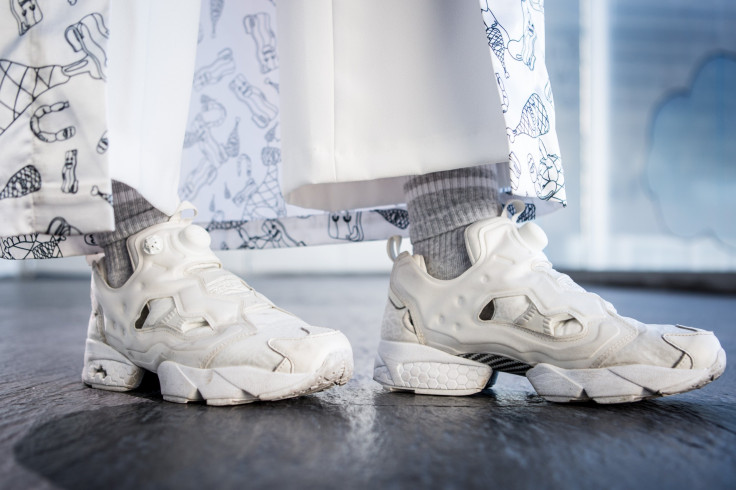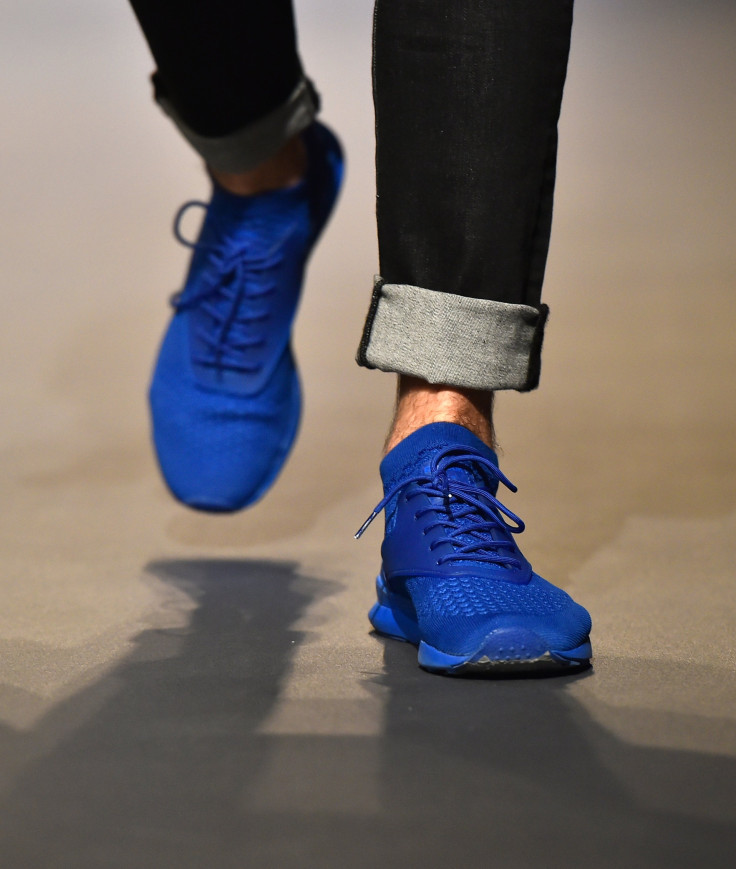Reebok Cotton And Corn Sneakers Are Made Entirely From Plants

Footwear giant Reebok is the latest major retailer to go green. The international sneaker company announced Tuesday its “Cotton + Corn” line, a sustainable initiative that will create shoes entirely out of plants.
Developed by the Reebok Future team in a partnership with DuPont Tate & Lyle Bio Products, the sneakers will contain an upper portion made from organic cotton, while the base will be made from industrially grown corn. The company planned for the plant-based sneakers to hit markets sometime later this year.
Read: Anheuser-Busch InBev Announces Switch To 100 Percent Renewable Energy
“We like to say, we are ‘growing shoes’ here at Reebok," Bill McInnis, head of Reebok Future said in a press release. “Ultimately, our goal is to create a broad selection of bio-based footwear that can be composted after use. We’ll then use that compost as part of the soil to grow the materials for the next range of shoes. We want to take the entire cycle into account: to go from dust to dust.”

Reebok’s plan aims to reduce the toll fashion has taken on the environment. Americans discard an estimated 14 million tons, or 80 pounds each, of clothing every year, according to the Environmental Protection Agency. The advent of “fast fashion,” or mass-produced, low-quality garments, led to 84 percent of unwanted clothing ending up in a landfill or an incinerator in 2012. Many of the garments made today are comprised of synthetic fibers like polyester and nylon, which can take thousands of years to biodegrade.
Other companies are making the switch to eco-friendly products as well: organic fibers and recycled items are appearing in more and more fashion lines. Outdoor apparel company Patagonia was one of the earliest retailers to use organic cotton and recycled material in their clothing, while H&M debuted its “Conscious Collection” in April. Smaller companies are appearing with sustainability built in from the get-go: the brand I Am a Virgin makes dresses and tee-shirts entirely out of plastic water bottles found in the ocean.
“We human beings, we have a responsibility to leave this planet as we found it for future generations,” said Reebok president Matt O’Toole. “Unfortunately, the fact is most shoes just end up in landfills, which is something we are trying to change.”
© Copyright IBTimes 2024. All rights reserved.












